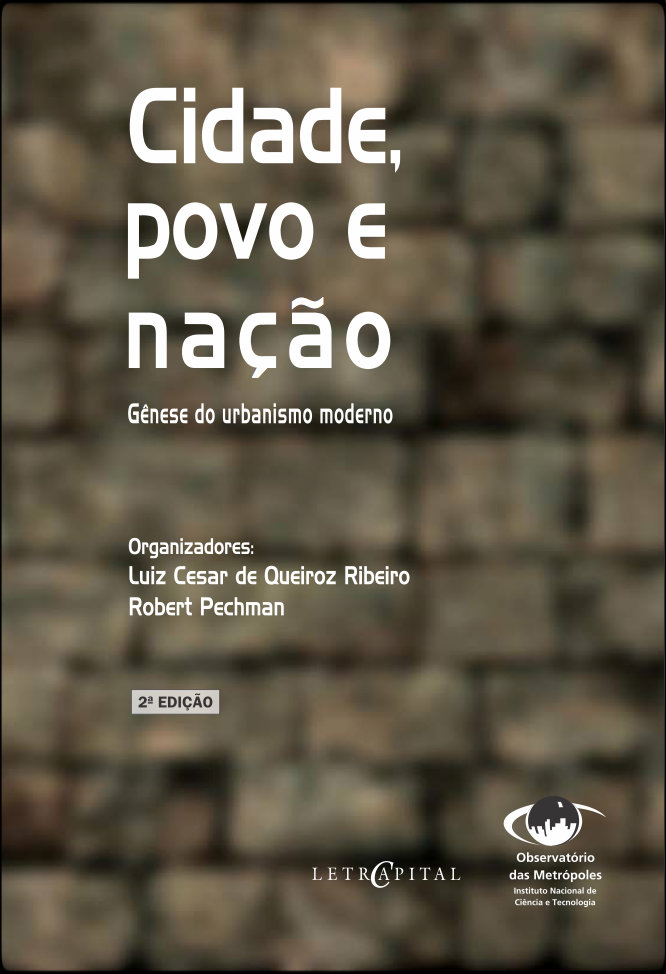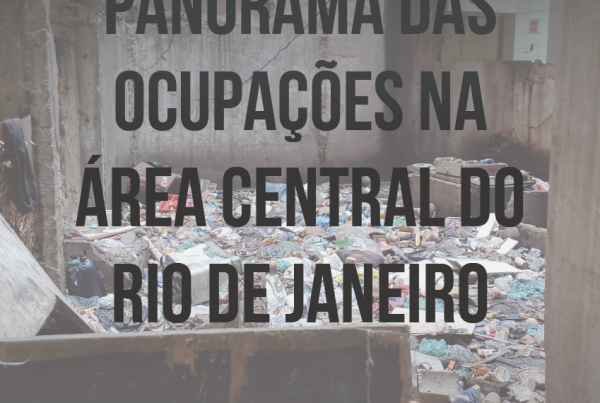)
isbn | 520003966
Cidade, Povo e Nação: Gênese do urbanismo brasileiro
Mudar a sociedade através da transformação do espaço urbano e habitacional foi a principal motivação daqueles que propuseram, na segunda metade dos anos 10 deste século, a fundação de uma nova ciência: o urbanismo. Estes novos cientistas participam do projeto de reforma social para o qual era necessária uma nova ordem espacial como instrumento de difusão da modernidade, da realização do progresso material e do aperfeiçoamento da democracia. O Novo Mundo é olhado por estes reformadores como o lugar propícia para experimentar a construção deste projeto, já que, aparentemente, nele não se encontrariam as resistências presentes no Velho Mundo. Emerge, então, uma militância internacional da pregação do urbanismo, que leva aos quadrantes do mundo os novos especialistas. Este livro nos fala desta aventura: de como esse projeto nasce na Europa e nos Estados Unidos, atravessa o Atlântico e aqui se miscigena com outro projeto político que naquele momento empolgava os intelectuais e organizava as percepções dos dilemas do nosso caminho histórico. Entre nós, com efeito, o compromisso com a reconstrução da ordem social é substituído pelo objetivo de construção da nação, tornando imprescindível reformar as antigas cidades que representavam, emblematicamente, a ordem colonial. Vários textos aqui reunidos mostram como as idéias e os ideais do urbanismo europeu e americano foram traduzidos para adaptá-los ao nosso campo intelectual, marcado pelas tensões do debate nacionalista e por uma ideologia estatal.
Abstract
The primary motivation of those who founded the new science of urbanism in the second half of the 20th century was to change society through the transformation of urban space and housing. These new scientists participated in the project of social reform, which was crucial for creating a new spatial order. They saw it as a tool for promoting the dissemination of modernity, the advancement of material progress and the improvement of democracy. The New World was regarded by these reformers as propitious place to try to build this project, since it would not meet the resistance on the same scale as that encountered in the Old World. Consequently a militant international movement preaching urbanism, carried these reformers to new corners of the world. This book tells us about this adventure: how the project was born in Europe and the United States, reached Brazil and here mixed with another political project that at the same time excited intellectuals and drew their attention to the dilemmas of our historical path. Here, in effect, the commitment to the reconstruction of the social order is replaced by the goal of nation building, and the reformation of the old cities that represented the colonial order. Several texts gathered here show how the ideas and ideals of European and American urbanism were translated and adapted to the Brazilian intellectual field, marked by tensions in nationalist debates and state ideology.
Link para o livro








